Aluminum plate refers to a rectangular plate rolled from aluminum ingots. Its thickness is usually above 6mm. It has the following categories: pure aluminium plate, alloy aluminium plate, and aluminium checkered plate. Aluminum plate is a multi-functional material with a wide range of applications in various industries. Their lightweight, corrosion-resistant, and processable properties make them an important component in construction, transportation, manufacturing, electronics, and decoration.
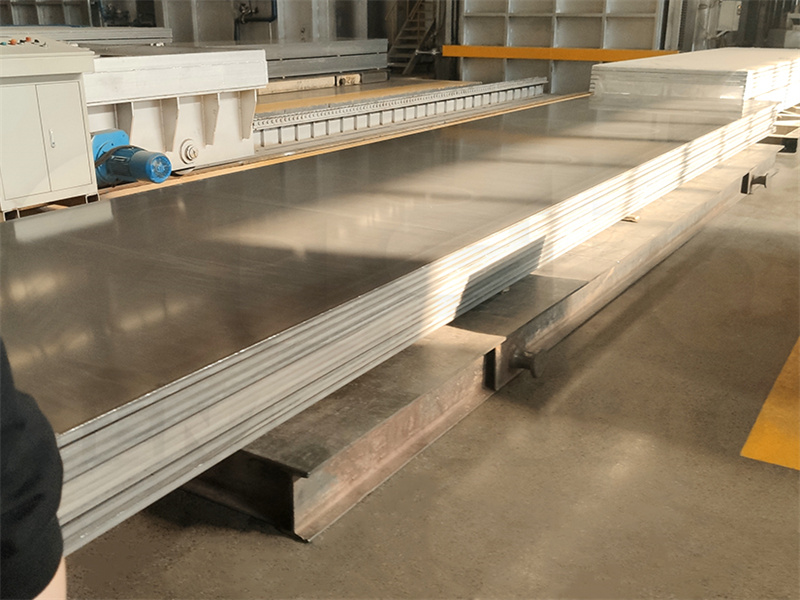
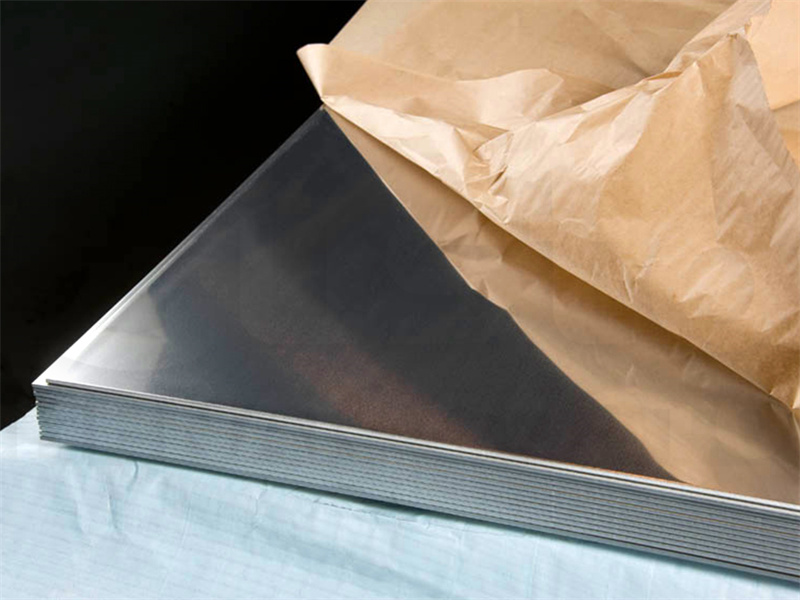
Classifications according to alloy composition
- Pure aluminum plate: Aluminum content is more than 99%.
- Alloy aluminum plate: Including aluminum and auxiliary alloys. Usually aluminum-copper, aluminum-manganese, aluminum-silicon, aluminum-magnesium, etc.
- Composite aluminum plate or welded plate: Special-purpose aluminum plate material is obtained by combining multiple materials.
- Aluminum-coated aluminum plate: Aluminum plate coated with the thin aluminum plate for special purposes.

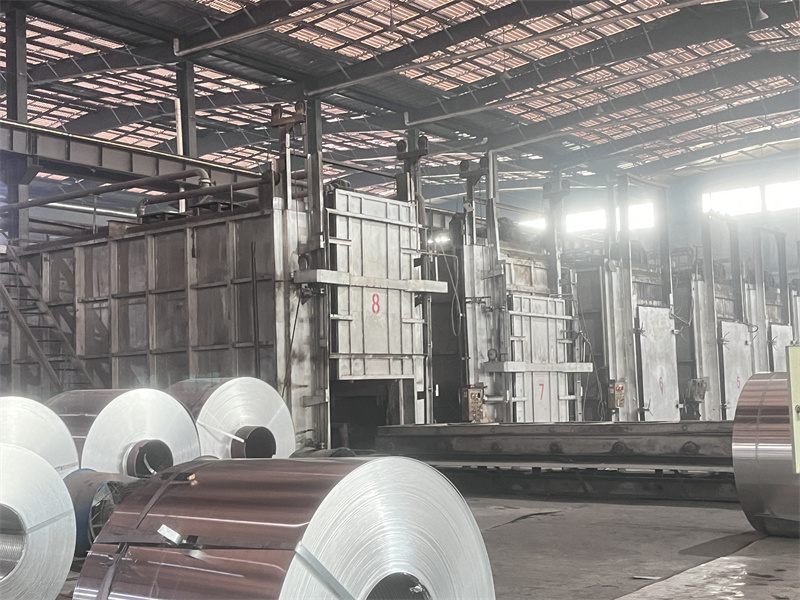
The difference between DC and CC
- Different production processes: CC is a casting machine that turns it into mother coil (8mm thickness). And then uses a cold rolling machine to process it. DC is to heat aluminum plate ingots (thickness 400-500mm) and process them at high temperatures in hot rolling mill.
- Different supply of raw materials: The difference between the two lies in the supply of billets. DC is cast aluminum ingots – heated – rolled into coils for cold rolling. CC is cast and rolled coils – cast and rolled.
- Different properties: DC aluminum plates have good surface quality, strong mechanical properties and ductility, and good oxidation effects.
- Different uses: CC mostly uses in molds, while DC is suitable for stamping and stretching.
- Different prices: CC aluminum plates have a simple process and are cheaper than DC aluminum plates.
- Different finished products: Usually the elongation of CC products is lower than that of DC products.
If it is your first time purchasing aluminum plates and you don’t know much about the product. You don’t know whether to choose cast-rolled aluminum plates or hot-rolled aluminum plates. Just tell us your requirements in detail. We will arrange a professional business manager for you to recommend products suitable for you based on your needs.
Advantages of Aluminum Plate
The advantages of aluminum plates are numerous and make them a preferred choice for a wide range of applications across various industries. Here are some key advantages:
- Lightweight: Aluminum plates are lightweight compared to other metals such as steel, copper, or brass. This makes them easier to handle, transport, and fabricate, reducing overall material and shipping costs.
- Corrosion Resistance: Aluminum plates have excellent corrosion resistance, especially when compared to ferrous metals like steel.
- High Strength: Aluminum plates offer high strength and stiffness. They provide exceptional strength, making them suitable for applications where strength is critical but weight needs to be minimized.
- Machinability: Aluminum plates are easily machinable using standard machining techniques such as cutting, drilling, milling, and shaping. Manufacturers can machine them to tight tolerances and complex shapes, enabling precise manufacturing of parts and components.
- Thermal Conductivity: Aluminum plates have excellent thermal conductivity, which allows them to dissipate heat quickly and efficiently. This property renders them ideal for applications where thermal management is critical. Such as utilizing them as heat sinks for electronics or cooling plates for machinery.
- Recyclability: Aluminum plates demonstrate high recyclability, enabling users to recycle them repeatedly without compromising their quality or properties.
- Non-Toxic and Food Safe: Aluminum plates are non-toxic and food-safe, making them suitable for use in food processing, packaging, and storage applications. They do not react with acidic or alkaline foods and are resistant to odors, flavors, and contamination.
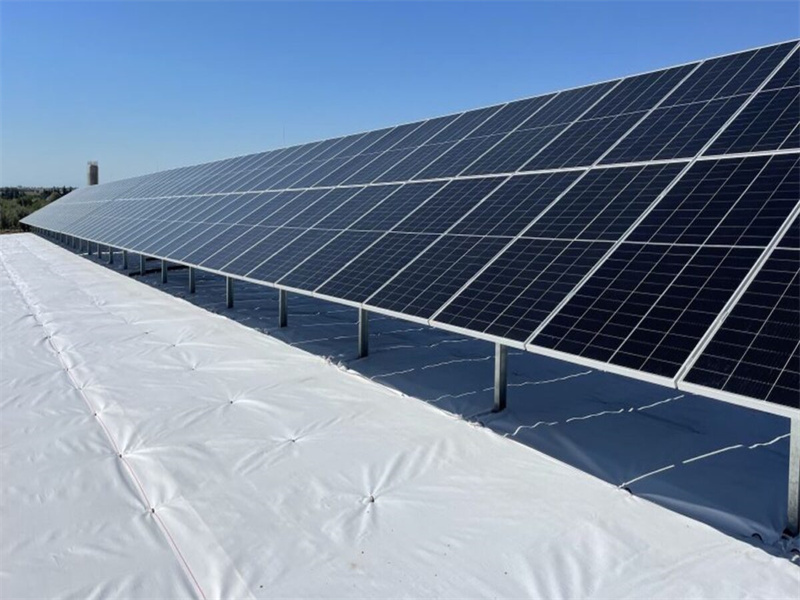
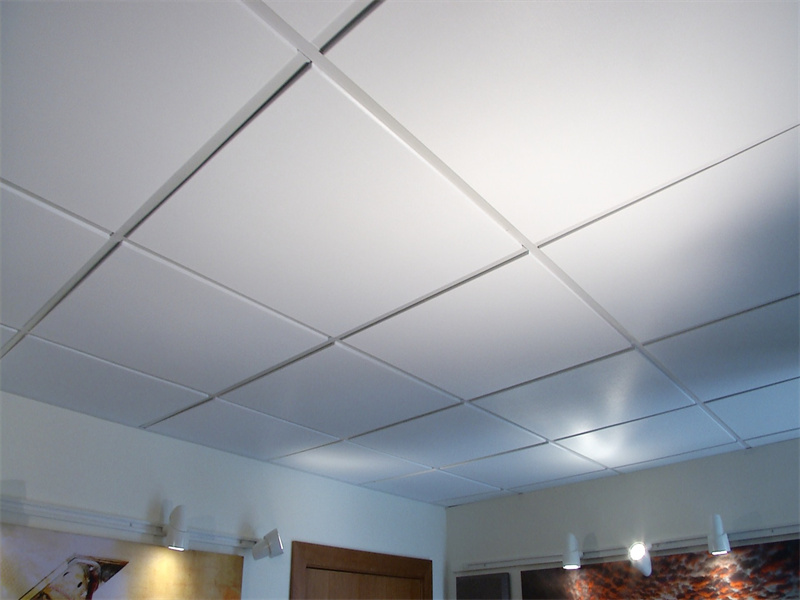
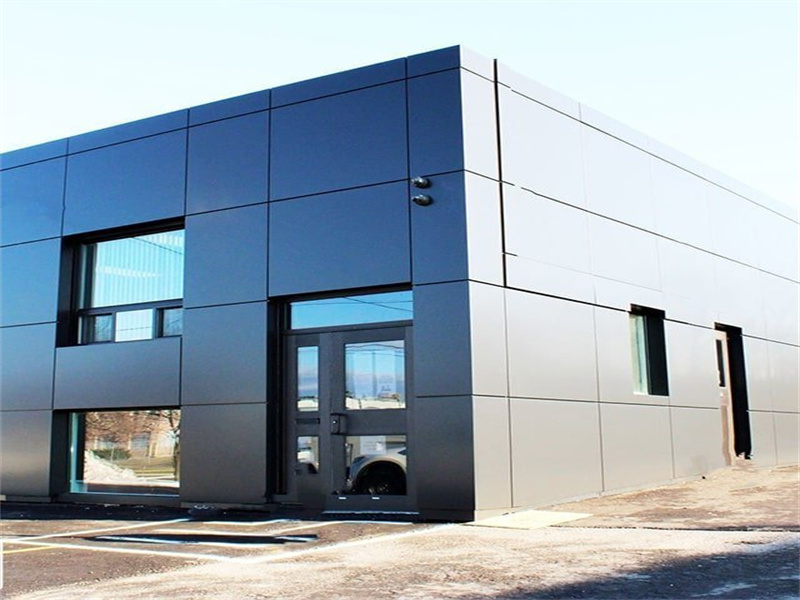
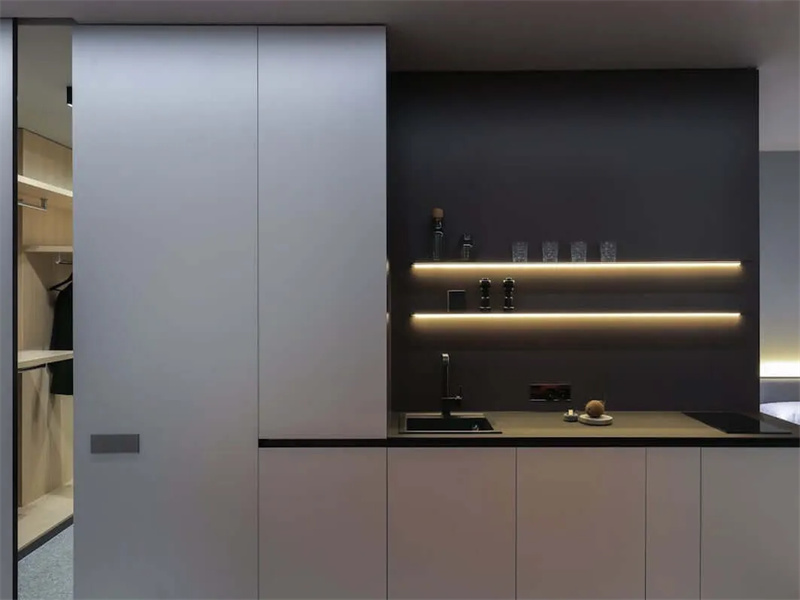
Applications of Aluminum Plate
Aluminum sheets have a wide use in various industries because of their versatility, durability, and lightweight properties. Here are some key points about aluminum panels:
- Lighting decorations
- Solar reflective sheets
- Building appearance
- Interior decoration: ceilings, walls, etc.
- Furniture, cabinets
- Elevators
- Signs, nameplates, bags
- Car interior and exterior decoration
- Interior decorations: such as Photo frame
- Household appliances: refrigerators, microwave ovens, audio equipment, etc.
- Aerospace and military aspects, such as China’s large aircraft manufacturing, Shenzhou spacecraft series, satellites, etc.
- Mechanical parts processing
- Mold manufacturing
- Chemical/insulation pipe coating.
- High-quality ship plates
If you need it, quickly contact us.
